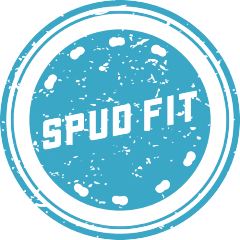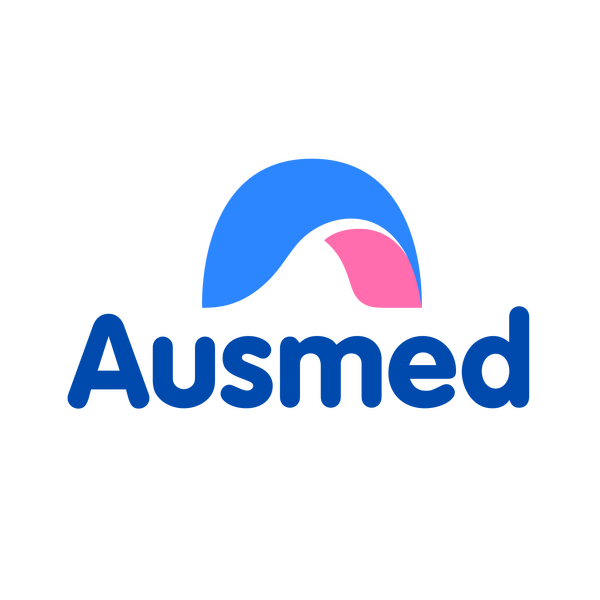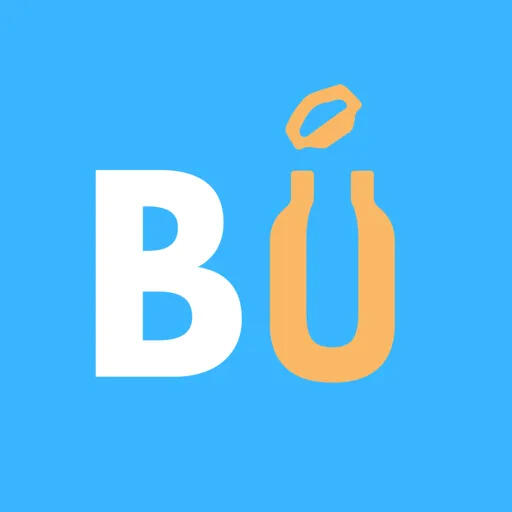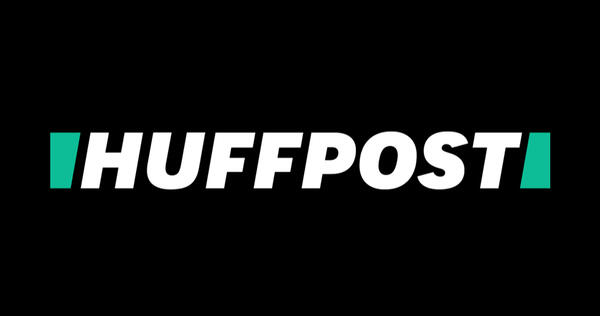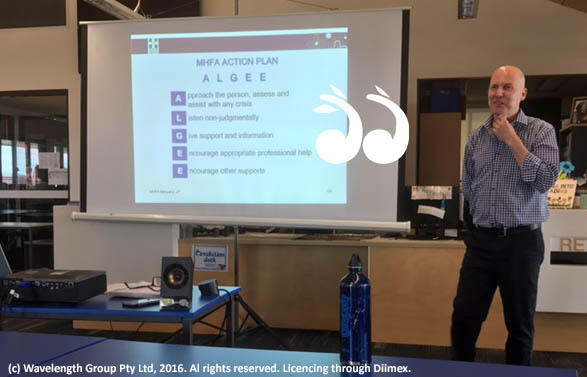Do you want to build unbreakable resilience?
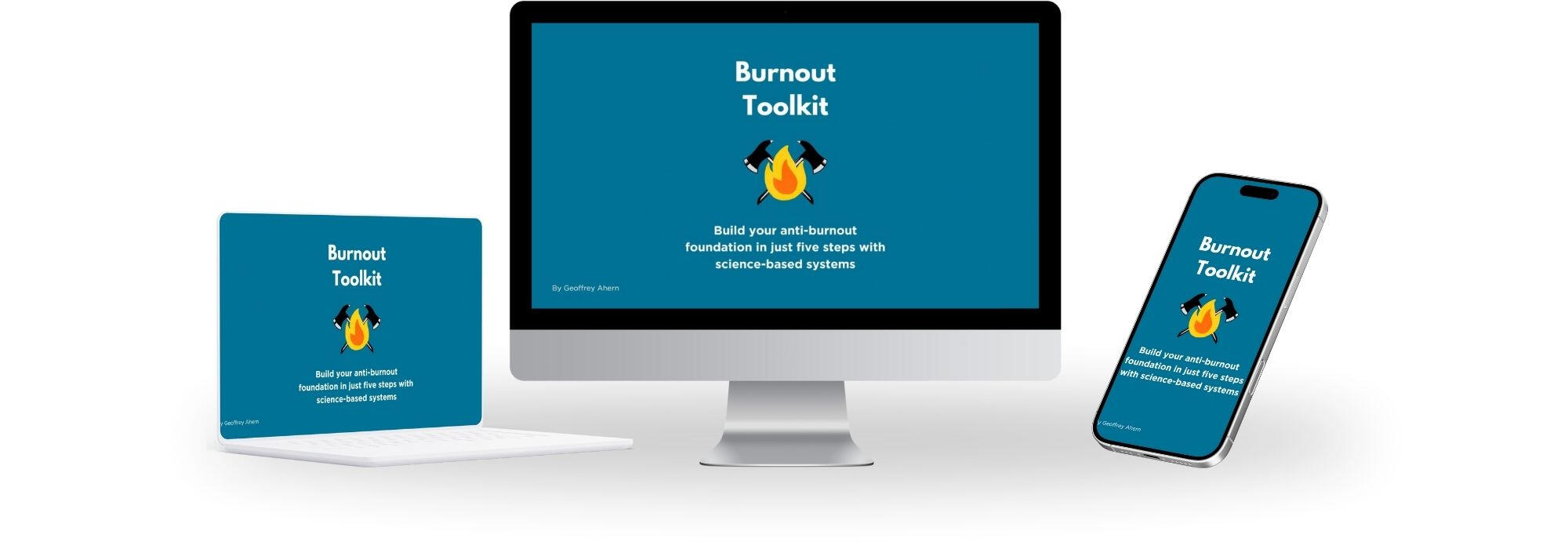
Build your anti-burnout foundation in just five steps with science-based systems
Download your Burnout Toolkit ebook for free now👇
or click here to book group training for your organisation
Trusted by
"I could have listened to you all day, and l loved your fast-paced stories and practical tips that we will be able to implement immediately into our sessions..."Suzie – CEO, The Water Well Project.
About me
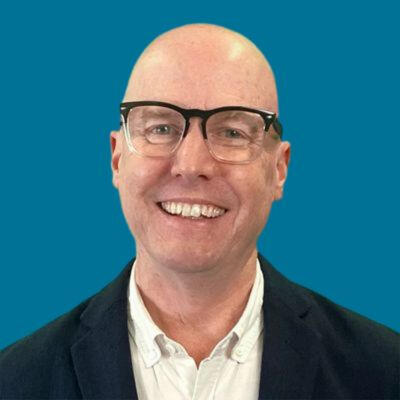
I’m a senior mental health clinician and educator who splits my time between working with people in a mental health crisis in the emergency department of a large hospital, taking calls on a mental health crisis intake line, and working proactively in educating other health professionals and the community about how better to understand mental health problems and the journey of recovery. For six years, I worked on the road with Victorian Police on a crisis mental health response team - Mental Health and Police Response (MHaP).Over the years, I’ve gained extensive experience in emergency and trauma nursing, rural nursing, alcohol and other drug counselling, and psychiatric nursing across both the public and private sectors.I’m particularly fascinated by the impact that exercise, nutrition, community, meaning and purpose, and practices like yoga have on a person’s mental health and living a simple life of reflection, contentment, and wonderment.I hold a Master’s Degree in Mental Health Nursing and a Graduate Certificate in Critical Care Nursing. As a part of my own ongoing education, I’ve completed a Certificate in Plant-Based Nutrition through e-Cornell University, which explores nutrition and society, diseases of affluence and plant-based practices for clinicians and educators such as myself.
Why I do what I do
I've experienced trauma as a child and mental health crises myself, which has deepened my understanding of and passion for the work I do.Shortly after moving to Melbourne in 2013, I fell into a major depressive episode and gained over 20kg. I'll spare you the details, but I was in a terrible place.My life changed in 2018 when I visited my dad in the hospital and saw all the terribly sick people there eating awful hospital food. Something snapped in me. I knew if I continued down this path, then I'd be one of those diabetes patients with stomach ulcers or worse.Since that epiphany, I joined 5th Element Wellness and lost all the weight I gained (and gained muscle!). I also saw, and continue to see, a great therapist here in Melbourne.My personal experience with childhood trauma, PTSD, and health transformation has made me who I am today.That's why it's my mission to help people all over the world overcome their mental and physical health challenges.
Why choose me?
When it comes to choosing the right mental health and well-being training for your organisation, the first step is deciding you and your staff need it.You're here, so that's step one done. Good job!Why me?
I'm qualified
I provide evidence-based presentations based on the latest peer-reviewed scientific studies on mental health. I began my career as an Emergency Nurse and Trauma Nurse in one of Sydney's largest trauma hospitals after completing a Bachelor of Nursing with a high distinction average.In my second year of nursing, I received the most outstanding second-year nursing student award. In my final year, I received an award for recognition of outstanding academic achievement. I pride myself on putting together the most outstanding, evidence-based presentations so you know that the information I share with you works when it comes to supporting a person's mental health journey.
I'm relevant
I don't just talk about mental health, I'm on the frontline. My career started in 1994 as a nursing assistant where I worked with high-need patients with dementia. For the bulk of my career, I've been on the frontline working in the Emergency Department supporting people in crisis and/or acutely unwell with their mental health. I worked right through the pandemic, like all my colleagues, risking our safety and health to keep offering the best quality care that we could during a very difficult time.I spent six years on the road with Victorian Police attending mental health emergencies on a team called Police and Clinician Emergency Response where we meet the person where they are and seek to find the best possible outcomes without needing the police to drag a person into the Emergency Department.I still work today in the Emergency Department at Royal Melbourne Hospital on the Emergency Mental Health Team and I hope this helps you to trust that I'm not just talking about how to best care for a person struggling with their mental health, I'm doing it every day.
I've lived it
I never envisioned myself working in mental health. Still, alas, after completing a four-month secondment with a mental health crisis team in Sydney whilst I was working in a busy emergency department, I caught the bug and moved from the ED to crisis mental health work.One of the reasons I have such compassion and understanding when working with a person with a mental health problem is that I have my own lived experience, just like many of you reading this.Prior to having any formal diagnosis, my childhood was littered with trauma. I experienced significant bullying at school to the point where I was literally terrified on a daily basis. By the time I reached Year 10, I was ready to get out of there as quickly as possible. The bullying peaked when I was bashed to the point where I ended up with a contused liver and broken ribs.Most significantly, in terms of adverse experiences growing up, I was the victim of four sexual assaults from four different perpetrators, one of the assaults involving three perpetrators at once. I’ll spare you the gory details. Suffice it to say that this kind of trauma impacts you long-term. Like many victims of sexual assault, however, I never disclosed this to anyone till I was thirty years old.If you want to hear more of my story of recovering from childhood sexual assault, listen to Andrew “Spud Fit” Taylor interviewing me about thriving after trauma here.My “formal” lived experience, if you like, of having a mental health diagnosis was at the age of twenty-five when I was diagnosed with post-traumatic stress disorder after my newborn son died in my arms. Tragically, this should never have happened. It was as a result of the gross negligence on the part of the midwife that actually implicated me in his death (that’s a whole other story).There was an impending court case related to my son’s death that required that I obtain a report from a psychiatrist, and the psychiatrist who assessed me said in his report that,“Mr Ahern is suffering from post-traumatic stress disorder, which he will most likely never recover from.”Now I understand why he used that language; he needed to convince the court that justice must be served. However, those are still tough words to read when you’re already struggling in a vulnerable position.Unfortunately, I didn’t seek treatment straight away. It wasn’t until many years later, after my daughter was born that I disclosed to my then-wife that I had been the victim of multiple sexual assaults as a child, and I was slowly unravelling. In the meantime, I’d discovered that alcohol numbed the pain, and for many, many years this was my source of comfort and escape. I was “functioning” on the outside; working, studying, and raising a family, but I was living in a world of pain, self-loathing, shame and guilt. On several occasions, I came very, very close to ending my life as well. Each time this happened, I was drunk and in a world of emotional pain and torture.Long story short, I eventually sought help. And today, I can say with absolute confidence that I had (past tense) post-traumatic stress disorder. I no longer have it. Yes, occasionally, I’ll have a wobbly day, but I am okay.So, if you, like me, have a lived experience of mental health, please know that we expect you to get better and there is hope. It might take a while to recover, but you’ll get there. Of this I am sure.
Ready to get started?
Which training is right for you?
When it comes to choosing training for your organisation, it can be hard to know what's best.That's why I've made it simple and offer two main packages.Trauma-informed care is best for healthcare workers, allied health, aged care, and emergency services.Mental Health First Aid is best for anyone else, including schools, corporate workers, trades, and universities.Click the relevant button below to learn more.
Other training options include:
Youth Mental Health First Aid
Resilience workshops
Mental health & well-being
Diet, exercise, and longevity
PTSD and trauma
Professional development for healthcare workers
Trauma-informed care training (TIC)
“I can’t emphasise enough how interesting this training was. I have genuinely never been so consistently switched on in a long seminar series like this before."
Don't know what TIC is or want to learn more? Click here.
The two-hour TIC workshop that I have personally written and curated over the last ten years can have an unlimited number of people attend and each person receives a Certificate of Attendance.This training includes:
Hope for Recovery
The Concept of Neuroplasticity
The Three Pillars of Trauma Informed Care
Rates of Trauma in Australia
Trauma, Culture and Gender Roles
The History of Trauma Reactions
Understanding the Impact of Childhood Trauma
Trauma Memories
Defining Trauma
Substance Use and Trauma
Recovery from Trauma
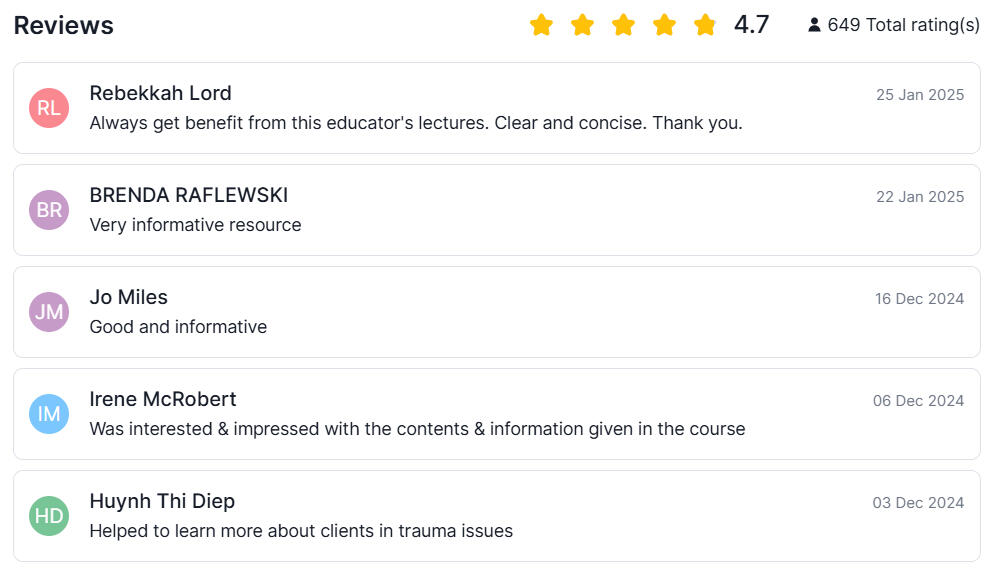
What is trauma-informed care?
"Trauma-informed care (TIC) is an evolving practice in healthcare that recognises most people have experienced some kind of trauma during their lives and takes this into consideration when providing care (Phoenix Australia 2021a)."The main principles of providing TIC include:Ensuring clients feel physically and emotionally safe
Establishing trust and being sensitive to clients’ needs
Providing clients with choice
Collaborating with the client rather than doing things for them
Empowering clients
Respecting diversity.
Why is TIC so important?
Did you know that up to 75% of Australians have experienced a traumatic event at some point in their lifetime?However, stigmas and other barriers regularly prevent people from seeking help.It is therefore essential that healthcare professionals are equipped with the necessary knowledge to identify, support and provide effective trauma-informed care for all individuals to improve their care and outcomes.
Mental health first aid training
Most people are familiar with physical first aid courses, which teach essential skills to recognize and respond to life-threatening emergencies in various situations.Mental Health First Aid (MHFA) training follows a similar approach.Using a practical, skills-based action plan, participants learn how to identify and support individuals experiencing a mental health problem or crisis until professional help is available or the situation stabilizes.Those who complete MHFA training, known as MHFAiders, are equipped to listen, connect, and provide meaningful support. They are crucial in reducing stigma and creating pathways to assistance in workplaces, communities, schools, and higher education institutions.
1 in 5
Australians will experience a mental health problem in any given year
Mental illness
Now affects every Australian either directly or indirectly.
$10.8 billion
The annual cost of untreated mental illness on Australian businesses.
Almost 2 in 5
Young adults experience a mental health problem.
9 in 10
Employees believe mental health in the workplace is important.
9 people
In Australia take their own lives every day.
Be a part of the solution.
I offer training in:
Workplaces
Community organisations
Sports teams
Government departments
Schools
Tertiary institutions
UniversityAnd anywhere else, because mental health issues now directly or indirectly affect every Australian.
What people say about my training
“Thank you so much for giving up your time to facilitate a personalised Workshop on Mental Health for our team. I could have listened to you all day, and l loved your fast-paced stories and practical tips that we will be able to implement immediately into our sessions. It was a wonderful opportunity to learn about mental health and highlighted the importance of the three health topics that we offer – mental health & well-being, sleep, exercise & health, and healthy eating & nutrition. The additional information on trauma and PTSD was especially relevant for all of us.”Suzie – CEO, The Water Well Project.
“I can’t emphasise enough how interesting this training was. I have genuinely never been so consistently switched on in a long seminar series like this before. I think I speak on behalf of everyone when I say your passion for mental health education is truly inspiring and has instilled a commitment in all of us to approach mental health from a much more informed and empathetic perspective.”Krishny – Monash University Student.
“Oh my goodness, you are amazing. I’m so glad I came to this course.”Marie – PhD Student, Monash University.
“If you spend time with Geoffrey, you’ll notice how he is constantly emitting positivity. It’s hard not to be inspired when you’re around him, and it makes me want to step up with my own health and wellness goals!”Sam – Director of Training, 5th Element Wellness.
“Thank you for a thoroughly enjoyable and informative workshop. Your passion for and immense knowledge of mental health was incredible to see. In my experience of attending lectures, tutorials, workshops and classes on counselling and mental health, yours was by far the best.”Melissa – Master of Counselling Student, Monash University.
“I never thought that training could be this amazing. I really loved the knowledge provided in a very detailed yet simple manner.”Mehreeh – RALAC.
“The content was engaging and insightful about trauma in our lives and how to provide trauma-informed care. It was research and evidenced-based information and experience and not just telling us what we already knew. It was great.”Anna – RALAC
Major presentations
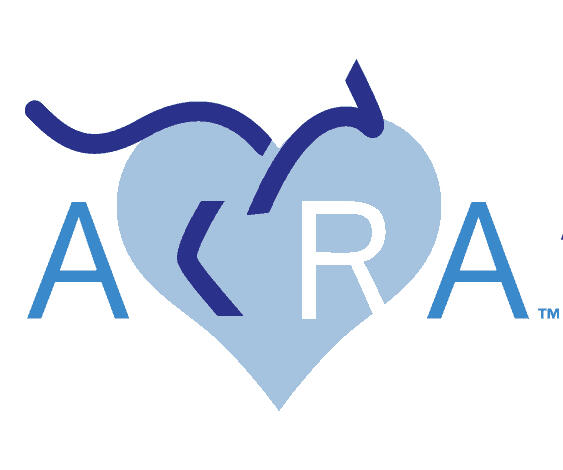
Australian Cardiovascular Health and Rehabilitation Association (Victoria) Conference: “A Whole-Hearted Focus.”Keynote Speaker – “Managing Burnout for Healthcare Workers During a World-Wide Pandemic.”
Australian Cardiovascular Health and Rehabilitation Association (Victoria) Conference: “A Whole-Hearted Focus.”Keynote Speaker – “Managing Burnout for Healthcare Workers During a World-Wide Pandemic.”
Podcast appearances
Spud Fit
Geoffrey Ahern - Thriving After TraumaApple
Soundcloud
Spud Fit
Geoffrey Ahern - Thriving After TraumaApple
Soundcloud
Care To Learn Podcast
Episode 9Listen on Ausmed
Care To Learn Podcast
Episode 9Listen on Ausmed
Media appearances
Scone.com.au
Police Specialist Trains Local Teachers
Scone.com.au
Police Specialist Trains Local Teachers
Want to book group training for your organisation?
Enquire now
Training options include:
Mental Health First Aid
Youth Mental Health First Aid
Resilience workshops
Mental health & well-being
Diet, exercise, and longevity
PTSD and trauma
Trauma-informed care
Professional development for healthcare workers
